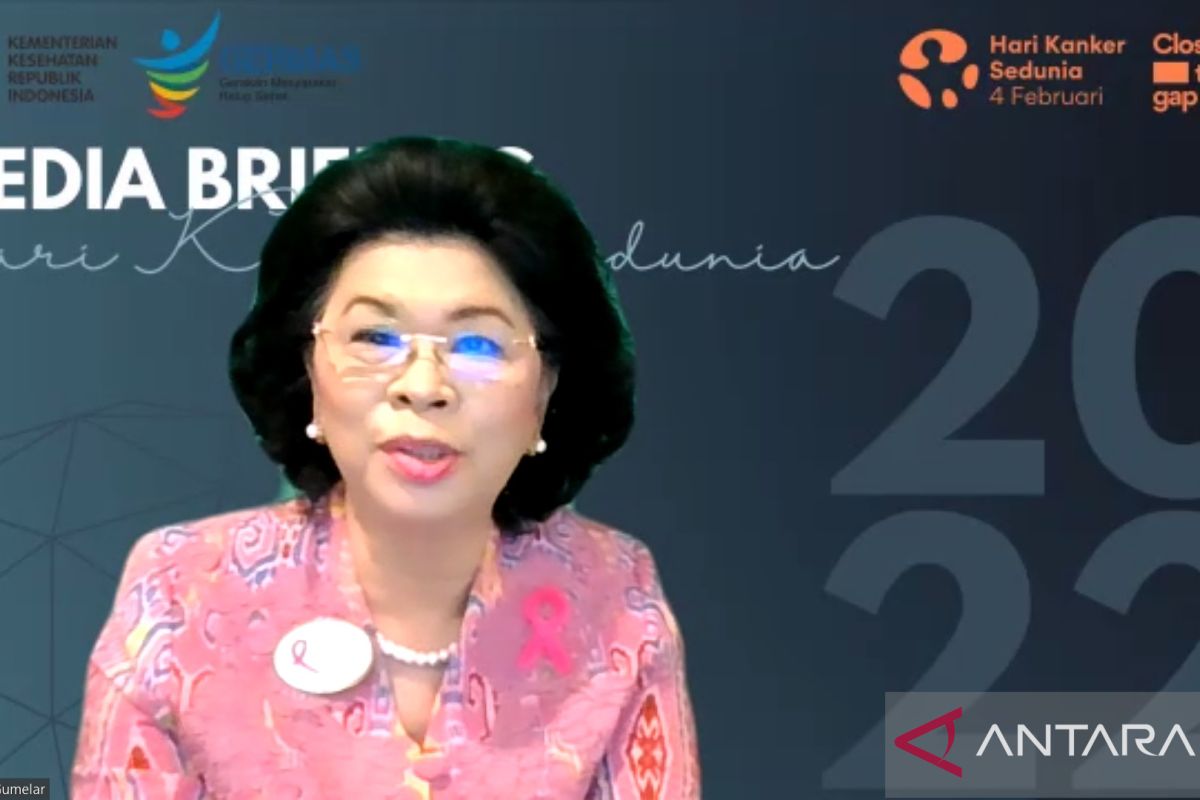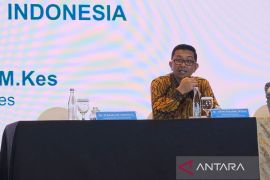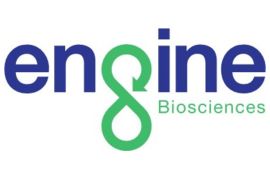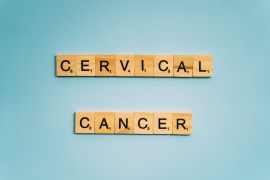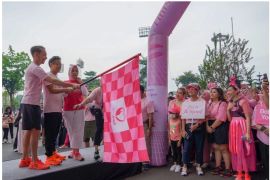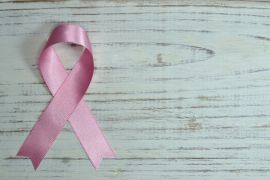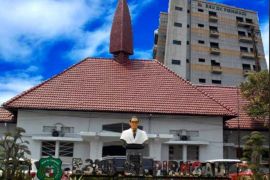There are two causes based on our observation. The first cause that drives the delay in patient treatment is limited knowledgeJakarta (ANTARA) - Late treatment of cancer patients could be attributed to fear among people and the long distance to the hospitals, the Indonesian Breast Cancer Foundation's (YKP's) Head, Linda Agum Gumelar, stated.
"There are two causes based on our observation. The first cause that drives the delay in patient treatment is limited knowledge," Gumelar noted during the 2022 World Cancer Day online media briefing on Wednesday.
People are fearful of getting themselves checked at health facilities due to the lack of knowledge, be it about screening, self-breast examination, and clinical breast examination.
This training is important for the future generation to gain a better understanding of their breast condition and maintain their health.
Related news: Ovarian cancer still hard to detect: Society of Gynecologic Oncology
In addition to fear, several people are also petrified about examination costs that increase since patients went in for checkups after the cancer had reached the advanced stage.
"Fear could also arise because they hesitate to consult with a doctor. As a result, they would prefer to take alternative medicine," Gumelar stated.
Meanwhile, this condition worsens when patients often have to travel long distances to undergo examination in hospitals. Consequently, it becomes too late for patients to receive the required handling.
As soon as they arrive at the hospital, the presence of a complicated Social Security Agency (BPJS) policy and inability to cope with the cost of cancer treatment make accessing the service difficult for patients.
Meanwhile, the lack of facilities for breast cancer examination, such as USG and mammography, in level I and II health facilities hinders the early detection of cancer.
Related news: Early-stage ovarian cancer asymptomatic but identifiable: official
"The patients' condition further worsens due to the lack of USG and mammography. This takes quite a lot of time and money, and the long distance causes a delay in treatment," Gumelar highlighted.
She suggested the government to at least expand dissemination of information on self-breast examination through introducing a reproduction learning curriculum from the 11th grade.
This is because the provided material still revolves around gametogenesis, reproduction organs, hormone that plays during menstruation, childbirth, and provision of breast milk.
She expects that early detection and education starting from school age would help reduce the rate of breast cancer in Indonesia and create a healthy generation.
Related news: Culture, cost hurdles for cancer treatment in Indonesia: ministry
Related news: Indonesia's political climate to stabilize in 2022: BRIN researcher
Translator: Hreeloita S, Fadhli Ruhman
Editor: Fardah Assegaf
Copyright © ANTARA 2022
